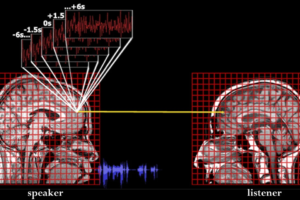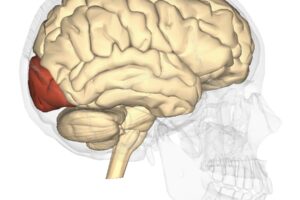Empathy is an important emotion for humans as it allows us to help our fellow humans and it lets us see what others go through. It is also an important tool for successful friendships and other relationships in life.
Empathy is commonly observed with the phrase “put yourself in someone else’s shoes”. When this happens, we are actually matching our brains and thinking like they are. Similar to what we feel when reading a story, empathy allows us to perceive a situation from another person’s point of view and experience it as if we were that person, without actually experiencing the situation. Empathy is the driving force of many charities today. People can’t help wondering what they would do if they were the homeless person on the street, or the dying person in the hospital. This reaction facilitates the creation of these programs to help such people.
Empathy is mainly divided into Cognitive Empathy and Emotional Empathy. In cognitive empathy, we view a situation, challenge, or emotion, from another’s point of view. This requires the realization that not everyone has the same life as us, but many of them have similar experiences. This helps us understand their actions and experiences through a narrower scope rather than by our prejudices and inherent biases. This kind of empathy is the “putting yourself in their shoes” kind. In emotional empathy, we connect with others on an emotional level and understand them deeply. This is employed by many psychiatrists to understand the pain and suffering that their patients are experiencing in order to suggest an effective remedy. Emotional empathy usually occurs for circumstances that we have experienced ourselves. For example, if a young child received a punishment, we may feel bad for the child, as it reminds us of a punishment we may have got for misbehaving. Regardless of whether the punishment was deserved or not, we empathize with the child.
In conclusion, empathy is a key tool in building connections and relationships with others. It is an important skill to have in many areas. Without empathy, we would be very brutal and unfair towards others and would inevitably cause the destruction of humanity itself due to war and devastation.
Sources:
- Cognitive vs. Emotional Empathy: Definition and 5 Key Differences: https://www.indeed.com/career-advice/career-development/cognitive-vs-emotional-empathy
- The Psychology of Emotional and Cognitive Empathy: https://lesley.edu/article/the-psychology-of-emotional-and-cognitive-empathy







Most Commented Posts